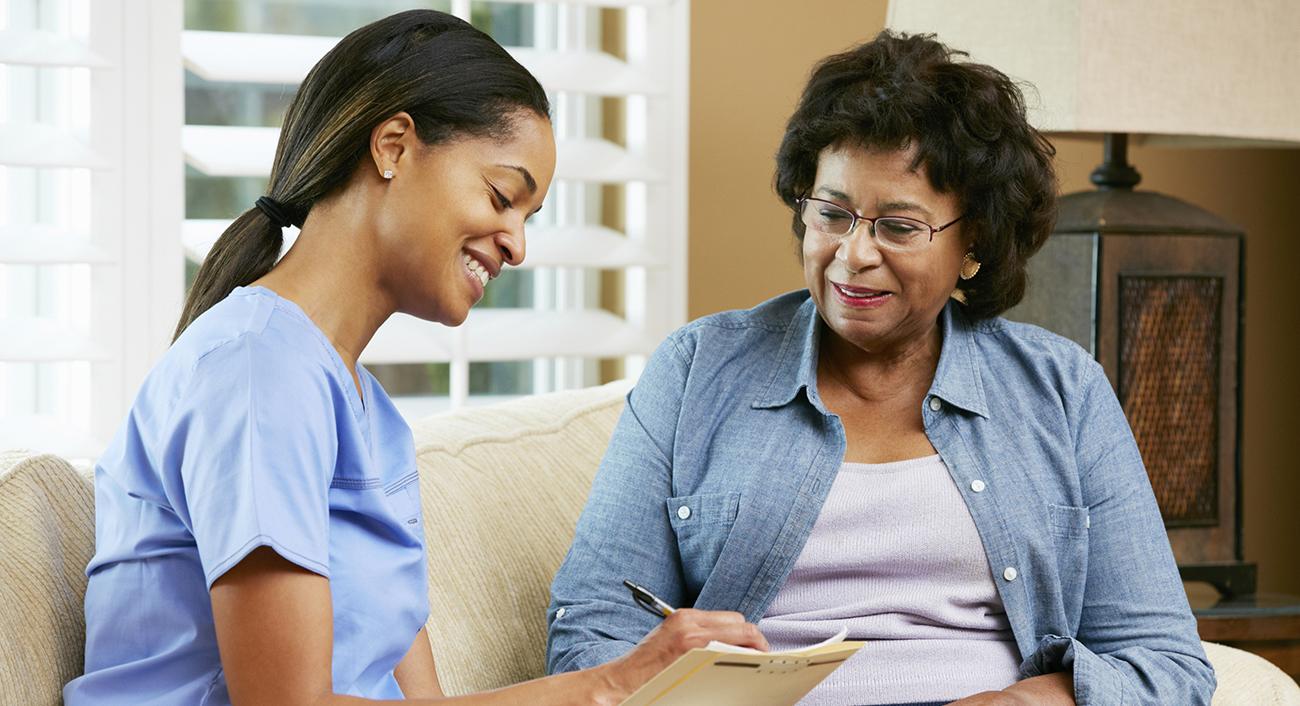How Vaccines Work
Vaccines help develop immunity by imitating an infection. This type of infection, however, almost never causes illness, but it does cause the immune system to produce T-lymphocytes and antibodies. Sometimes, after getting a vaccine, the imitation infection can cause minor symptoms, such as fever. Such minor symptoms are normal and should be expected as the body builds immunity.
Once the imitation infection goes away, the body is left with a supply of “memory” T-lymphocytes, as well as B-lymphocytes that will remember how to fight that disease in the future. However, it typically takes a few weeks for the body to produce T-lymphocytes and B-lymphocytes after vaccination. Therefore, it is possible that a person infected with a disease just before or just after vaccination could develop symptoms and get a disease, because the vaccine has not had enough time to provide protection.
Some people believe that naturally acquired immunity—immunity from having the disease itself—is better than the immunity provided by vaccines. However, natural infections can cause severe complications and be deadly. This is true even for diseases that many people consider mild, like chickenpox. It is impossible to predict who will get serious infections that may lead to hospitalization.
Vaccines, like any medication, can cause side effects. The most common side effects are mild. However, many vaccine-preventable disease symptoms can be serious, or even deadly. Although many of these diseases are rare in this country, they do circulate around the world and can be brought into the U.S., putting unvaccinated children at risk. Even with advances in health care, the diseases that vaccines prevent can still be very serious – and vaccination is the best way to prevent them.
Immunization Schedules
The Centers for Disease Control and Prevention recommended immunization schedules:
Educational Resources
Click any of the links below to hear from our rural clinic providers that answer some general questions that you may have regarding vaccinations:
- Alex Coffey, Blessing Health Hannibal
- Brian McGinn, Blessing Health Hannibal
- Dorothy Swingle, Blessing Health
- Brigitte Cormier, Blessing Health Kahoka
More Information
The decision on receiving a vaccine belongs to you. Before making that decision, speak with a healthcare provider you know and respect, and who knows you and your risk factors, including family history.
Contact Us
If you don't have a primary care provider, please call the Blessing Resource Center at 217-277-500 and they can get you connected with one in you region.

